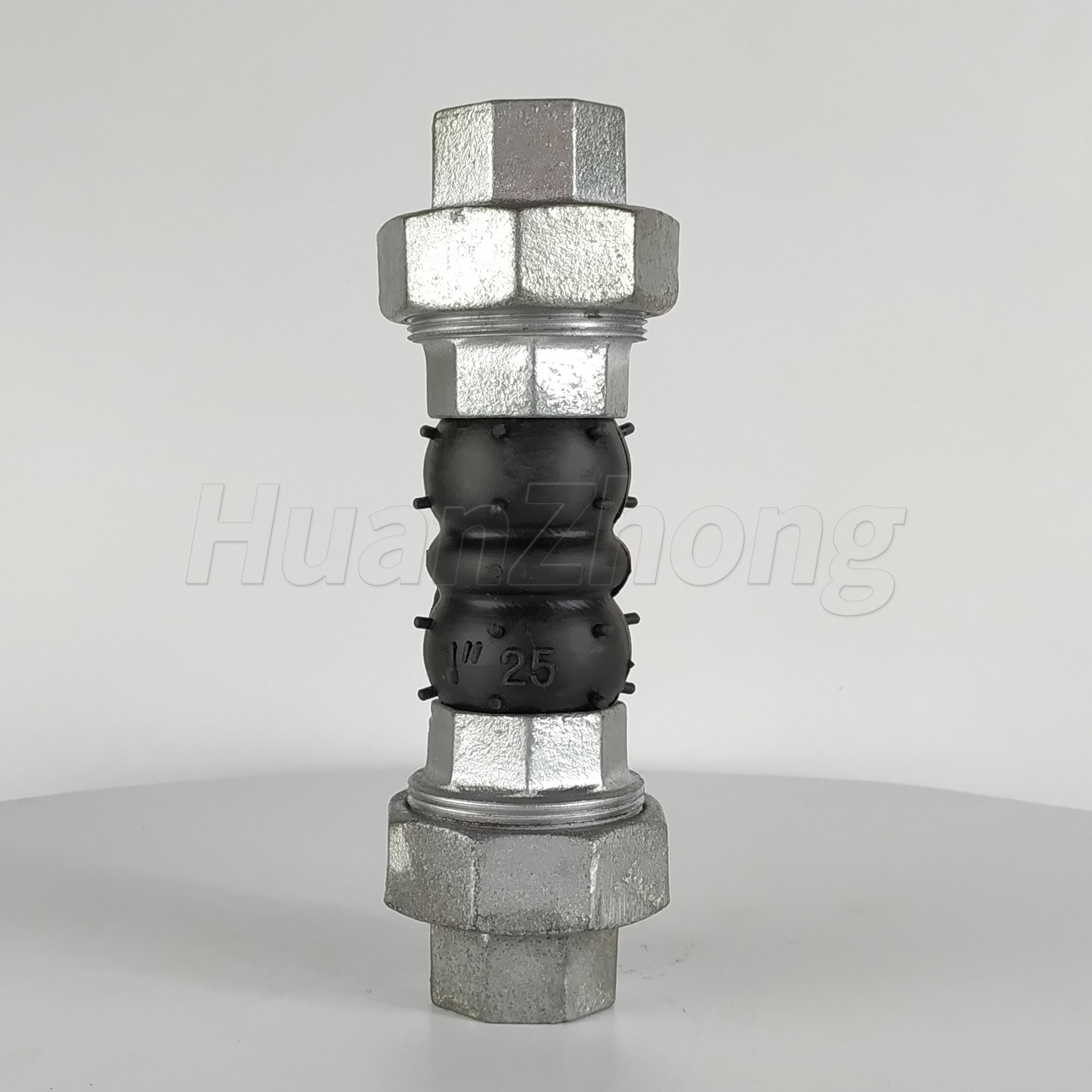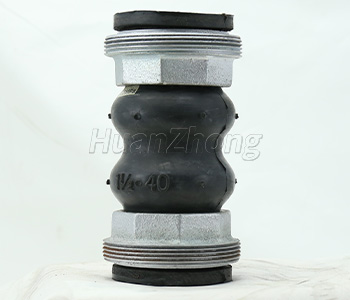How much do you know about the corrosion of JGD Threaded Rubber Flexible Joint Material?
How much do you know about the corrosion of JGD Threaded Rubber Flexible Joint Material?JGD threaded rubber flexible joints are widely used in various industries due to their excellent flexibility, vibration isolation, and corrosion resistance properties. In this article, we will explore the corrosion aspects of JGD threaded rubber flexible joint material and discuss its impact on performance, durability, and maintenance.
JGD threaded rubber flexible joints are typically made from high-quality synthetic rubber compounds that are designed to resist corrosion and chemical degradation. These materials include EPDM (Ethylene Propylene Diene Monomer), NBR (Nitrile Butadiene Rubber), and FKM (Fluorocarbon Rubber). Each of these materials has its own level of resistance to different types of corrosive environments.
EPDM rubber is commonly used in JGD threaded rubber flexible joints due to its excellent resistance to a wide range of chemicals, including acids, alkalis, and oxidizing agents. It is also resistant to ozone and UV radiation, making it ideal for outdoor applications. EPDM rubber can withstand temperatures ranging from -40°C to +120°C, making it suitable for various industrial environments.
NBR rubber is another popular choice for JGD threaded rubber flexible joints, especially in applications where resistance to oils, fuels, and lubricants is required. NBR rubber offers good resistance to water and steam, as well as moderate resistance to acids and alkalis. It has a temperature range of -20°C to +80°C, making it suitable for a wide range of operating conditions.
FKM rubber, also known as Viton, is the most durable option for JGD threaded rubber flexible joint material when it comes to withstanding harsh chemical environments. FKM rubber exhibits excellent resistance to acids, alkalis, solvents, and high temperatures. It can withstand temperatures ranging from -20°C to +200°C, making it suitable for applications requiring extreme resistance to corrosion.
However, it is important to note that while JGD threaded rubber flexible joints offer good corrosion resistance, they are not completely immune to damage in highly corrosive environments. Prolonged exposure to aggressive chemicals or extreme temperatures can degrade the rubber material over time, leading to reduced performance and potential failure.
To maintain the corrosion resistance of JGD threaded rubber flexible joints, regular inspection and maintenance are necessary. Regular visual inspections should be conducted to identify any signs of cracking, swelling, or deterioration in the rubber material. Additionally, cleaning the joints regularly and keeping them free from debris or corrosive substances can help prolong their lifespan.
In conclusion, JGD threaded rubber flexible joint material offers good corrosion resistance properties, making it suitable for a variety of industrial applications. The choice of rubber compound, such as EPDM, NBR, or FKM, depends on the specific corrosive environment and operating conditions. By selecting the appropriate rubber material and implementing regular maintenance practices, the corrosion resistance and longevity of JGD threaded rubber flexible joints can be maximized, ensuring optimal performance and reliability in various industrial systems.

